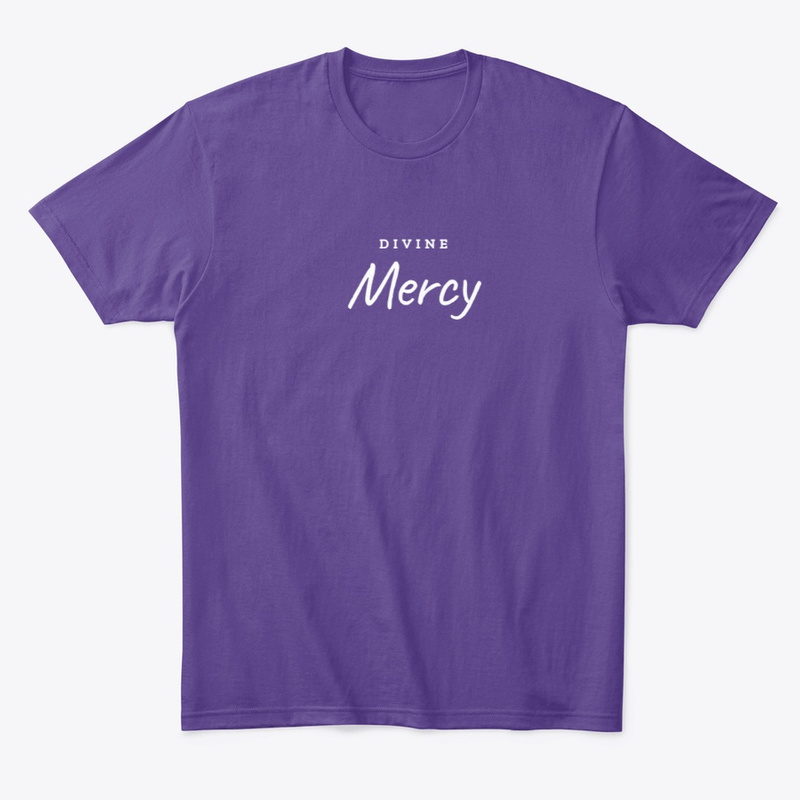

1. Introductory prayer
I calm down and I feel the presence of God in me. I ask for the grace of the Holy Spirit to open the word of God, I accept it and allow it to fulfill my mission in me, in order to become more and more what I am in Holy Trinity. Then I ask God for this prayer, in my own words, or with those that are here…
Jesus Christ is the King, we know from his wounds. Because he went all the way I walked and went to the cross to find me and save me. And every little good deed we do means that we are Christ’s hands, feet, voice, heart… To give bread to the needy, to give drink to the thirsty for dignity, to visit the one who is in the shackles of his own fear, to clothe the one who does not have the garment of love … Thus shines our royal dignity – in small acts of love that invite us to go into the unpredictable, out of the safe structures we set for ourselves. Lord, may I live your dignity in obedience to the Father, following your example.
2. Reading – Listening: Parable of the Sheep and the Goats – Matthew 25 31 46 – Meaning and Commentary
Sheep and the Goats
31 “When the Son of Man comes in his glory, and all the angels with him, he will sit on his glorious throne. 32 All the nations will be gathered before him, and he will separate the people one from another as a shepherd separates the sheep from the goats. 33 He will put the sheep on his right and the goats on his left.
34 “Then the King will say to those on his right, ‘Come, you who are blessed by my Father; take your inheritance, the kingdom prepared for you since the creation of the world. 35 For I was hungry and you gave me something to eat, I was thirsty and you gave me something to drink, I was a stranger and you invited me in, 36 I needed clothes and you clothed me, I was sick and you looked after me, I was in prison and you came to visit me.’
37 “Then the righteous will answer him, ‘Lord, when did we see you hungry and feed you, or thirsty and give you something to drink? 38 When did we see you a stranger and invite you in, or needing clothes and clothe you? 39 When did we see you sick or in prison and go to visit you?’
40 “The King will reply, ‘Truly I tell you, whatever you did for one of the least of these brothers and sisters of mine, you did for me.’
41 “Then he will say to those on his left, ‘Depart from me, you who are cursed, into the eternal fire prepared for the devil and his angels. 42 For I was hungry and you gave me nothing to eat, I was thirsty and you gave me nothing to drink, 43 I was a stranger and you did not invite me in, I needed clothes and you did not clothe me, I was sick and in prison and you did not look after me.’
44 “They also will answer, ‘Lord, when did we see you hungry or thirsty or a stranger or needing clothes or sick or in prison, and did not help you?’
45 “He will reply, ‘Truly I tell you, whatever you did not do for one of the least of these, you did not do for me.’
46 “Then they will go away to eternal punishment, but the righteous to eternal life.”
See also:
- 14 Stations of the Cross explanation with pictures
- The Crucifixion of Jesus – Good Friday Message and Meaning
3. Thoughts on the Gospel – Parable of the Sheep and the Goats – Matthew 25 31 46 – Meaning and Commentary
The Son of Man is a Semitic term meaning human being. The book of Ezekiel emphasizes the distance between God, who is transcendent, and the prophet, who is only a man. In Daniel 7: 13-14, however, the term acquires a special meaning. The text speaks of a human being involved in the dimension of God. The Son of Man is to him the Messiah who brings the kingdom of God, the eternal and universal kingdom.
The use of the term “Son of Man” for Jesus, as used in Daniel 7: 13-14, is very common in the Gospels. It is also found in Acts 7:56 and Rev 1:13 and 14:14. The evangelist Matthew uses it for Jesus especially when speaks of his suffering (Mt 17,12.22; 20,18.28), the resurrection as an eschatological event (Mt 17,19; 26,64), and His second coming (Matt. 24:30; 25:31).
Matthew also gives Jesus the title of king (Matt. 1:23; 13:41; 16:28; 20:21). The kingdom of God is a common theme of the Bible. Because Jesus is the Son of God, he rules with the Father. In our text, Jesus is the king, but he rules with his own royal power in a close relationship with the Father. The elect are “blessed of my Father” and are cared for by God, as the passive form of the verb shows. This form also called the Divine Passive, it is often found in the Bible and always has God as his implicit subject. In this text, it points to eternal life. The king, especially in ancient times, was always considered the supreme judge. The judgment performed by Jesus is universal and includes all people (see v.32). Yet this is not a collective judgment. It does not judge nations but individuals.
Traditionally, this gospel passage has been interpreted to identify Jesus with the poor and marginalized. He will judge all, especially those who have not given others the opportunity to know his gospel, his mercy. to the poor. Everyone should have the opportunity to accept or reject it, if not in person, then at least in the person of the poor, with which Jesus identifies with.
Modern exegesis reads this text in a different light. They insist that this Gospel passage is not just about the question of mercy for the poor and active love for every human being. In this way, we show our relationship to Jesus. They point out that in this passage we can see more how nations (Gentiles) are invited to accept The disciples of Jesus who pass on the gospel to them and suffer for it as if accepting Jesus himself.
When the Lord Jesus comes again as Judge and Ruler over all, He will call every man before Him to give him the answer to the question, “Who did you love and put first in your life?” Those who followed his way of love and justice will not be disappointed. They will receive a reward – life, peace, and joy in God, in His eternal kingdom.
See also:
4. Meditation – thinking
About everything I have read and what has touched me, I am thinking now. I let my thoughts also touch my heart. Think:
- Who is Jesus Christ for me?
- Where in these days does the Lord especially call me to obedience to Him, to step into the unknown, unpredictable?
- If I perform a few small acts of royal dignity, where can God’s beauty shine?
5. Personal Prayer
In the next moments of silence, I talk about this with Jesus. I tell him what I think, what I feel, what I want. I ask him for the grace that I need for … (make your conversation with God).
6. Contemplation – Quiet moment with God
Now I let silence be in me. I am simply present in God, as He is quietly present in me. Perhaps from this silence, I hear God’s speech, which invites me perhaps in thanksgiving and worship or to open myself and accept him in my path life and work, maybe He gives me the courage to continue searching for…
7. Action
When I walk into a personal relationship with God, he changes me, makes me more loving, and encourages me to the concrete action, which is….. (write down your insights for concrete action).
8. Prayer at the end
Thank you, Christ, the King, King of Love and Mercy, for going to the cross for me and thus enabling me to live royal dignity where I am.. Thank you for inviting me into small actions, so they bring the security, tenderness, and care that you give to each of us.
9. Review of my prayer meditation or reflection
This is my view on what was happening in me at the time, I spent praying. In my reflection, I can help myself with the following questions:
- How was I feeling when I started praying?
- What happened during the prayer?
- What feelings and thoughts could I detect in myself?
- How did I feel about the revelations, which I had during my prayer?
- What did I learn about myself, about God, about his attitude towards me and others, and me to him and others?
- How did I finish my prayer?
- What did I receive for my everyday life?
- In the end, I can write the lessons, findings, and insights. I can write also, where I had problems, they may have great value in learning about my relationship and myself with God. They can also help to find a more appropriate way of prayer for me.
- Then I thank the Holy Trinity. If I pray with my family or in the community, friends, I can share with them what I felt in this prayer. With a prayer for one another, you can support yourself throughout the week.
Lectio Divina meditations are published and adapted with permission from the Jesuits home – ignacijevdom.si
Text from the Bible – King James Version (NIV)




